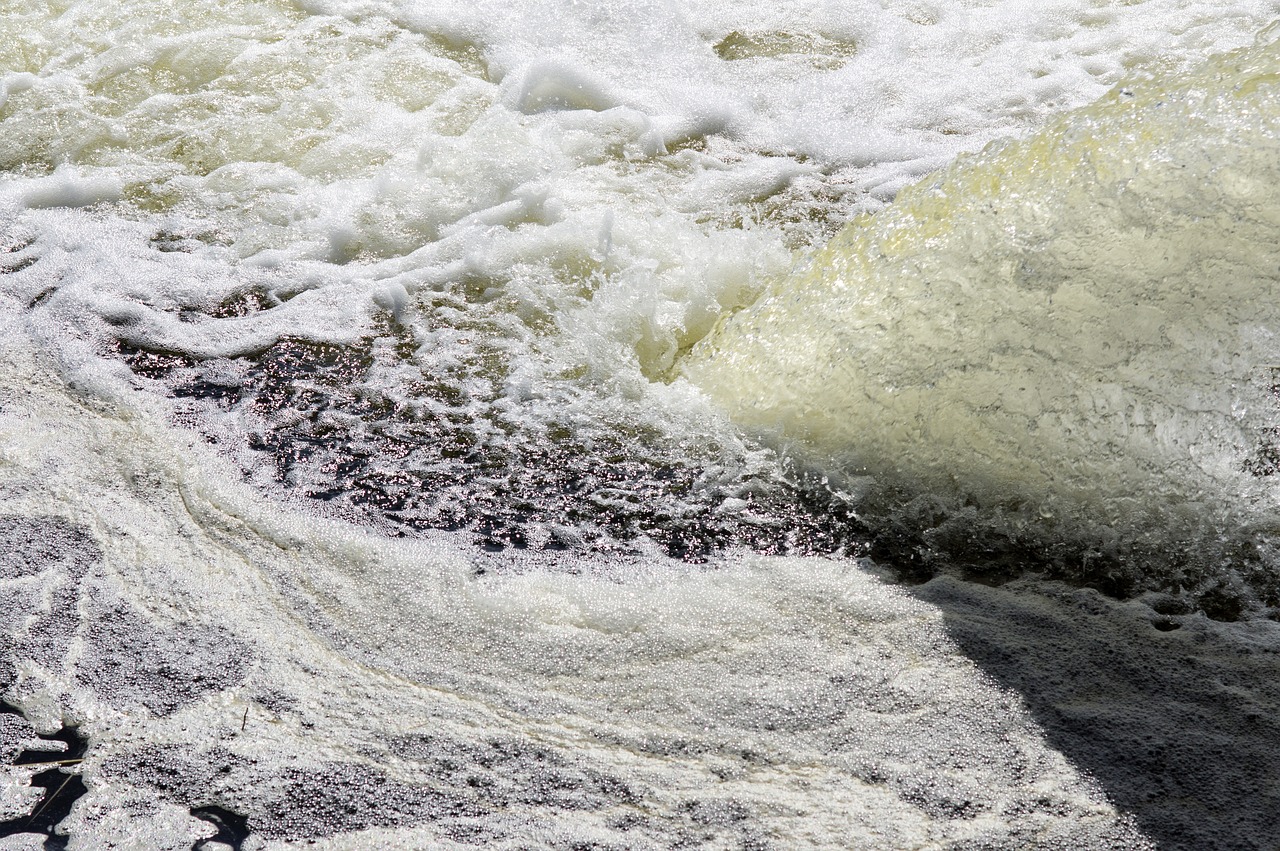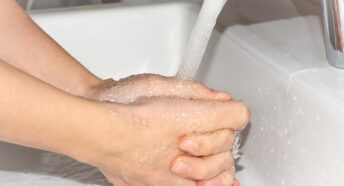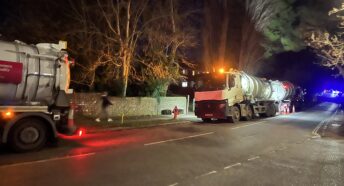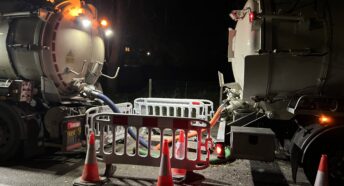CPRE Sussex director says Sussex rivers and seas should be ‘sparkling clean not open sewers’.
Countryside campaigners say they are ‘deeply disturbed’ by a BBC report suggesting water companies discharged sewage on days when it was not raining last year.
Dry spilling is illegal because it can lead to higher concentrations of sewage in waterways.
Yet data in a BBC report published today (5 September) suggests Thames, Wessex and Southern Water collectively released sewage in dry spills for 3,500 hours in 2022.
CPRE Sussex director, Paul Steedman said: “Government needs to get tougher on the causes of water pollution, whether it’s water companies, farming run-off, or unsustainable development by housebuilders. Sussex’s rivers and seas should be sparkling clean, not open sewers.”
Sewage discharge is just one of many threats to our waterways.
An amendment to the Levelling Up bill orders local authorities to assume nutrients in wastewater from proposed developments will not adversely affect the environment.
In effect, this overrules current nutrient neutrality rules and would allow developments to go ahead in areas where they are currently blocked.
CPRE Sussex director, Paul Steedman said: “Far too often, the environment, and ultimately our health and wellbeing, is given little weight, when it comes to policy decisions. Regulators and Government need to start making sustainable decisions where the environment really counts.”
CPRE Sussex has long called for action on water and sewage issues.
The charity wants to see an end to the discharge of raw and partially treated sewage into our waterways and protection from nutrient pollution.






